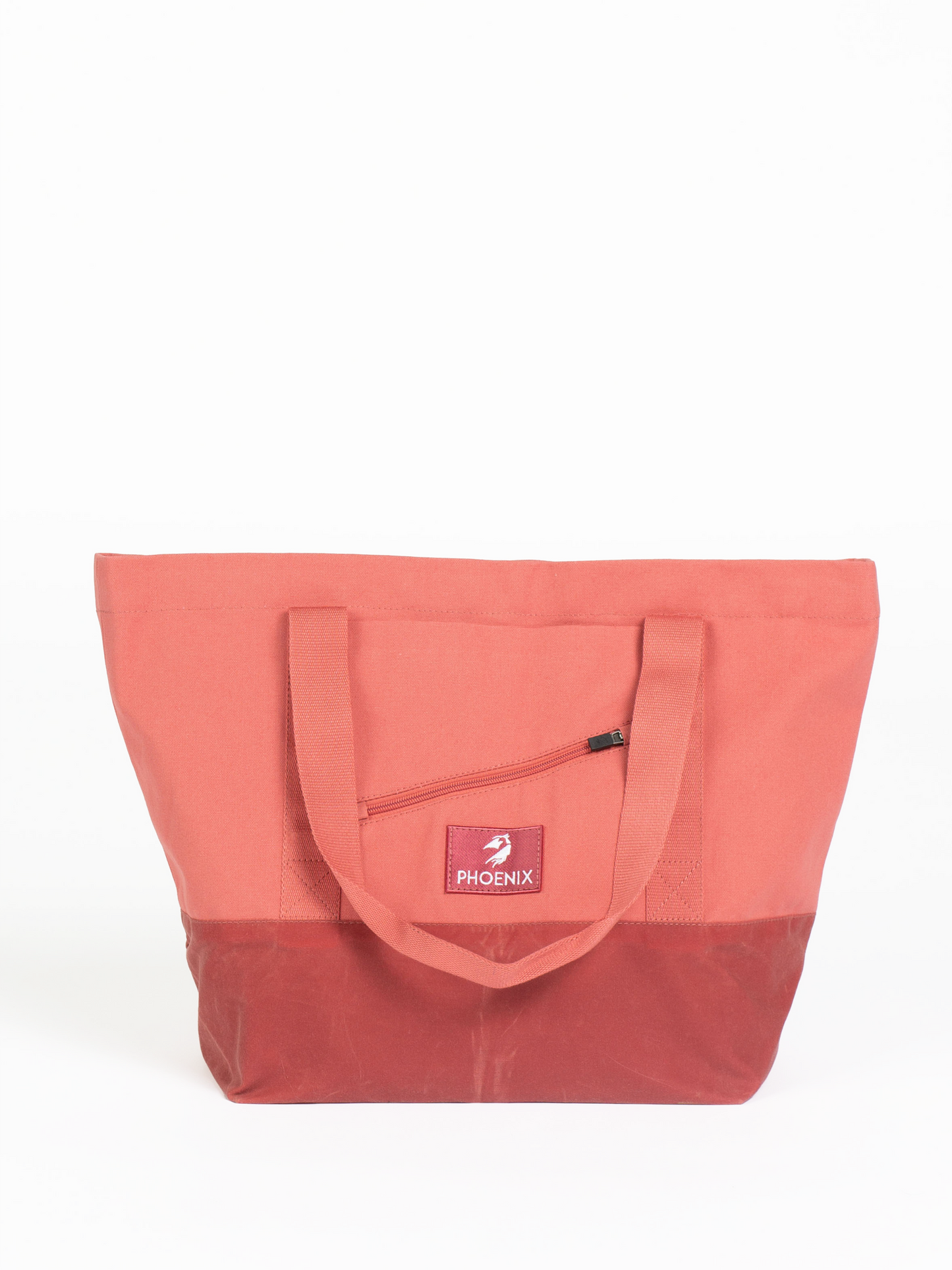
If you're struggling with eczema, dermatitis, or other skin conditions that make getting dressed a challenge, take a closer look at your wardrobe. It's crucial to reassess your clothing choices and invest in items that won't aggravate or chafe your skin. Fast fashion is known for utilizing synthetic fibers that can trigger reactions in those with sensitive skin. However, there are alternative materials that can provide a calming sensation and are less harsh. Many brands have recognized the important relationship between textiles and skin, and have started implementing sustainable practices to create garments that promote a healthy skin microbiome.

MATERIALS TO AVOID
Polyester, acrylics, rayon, and nylon: These synthetic fibers can trap moisture and irritate the skin. It's advisable to avoid these materials if you have sensitive skin.
Wool: Natural fibers like wool can also cause skin reactions in some people, particularly those with atopic dermatitis. Wearing a breathable base layer made of cotton or another suitable fabric can help reduce irritation.
Detergent: The type of detergent you use can affect your skin. Non-ionic, additive-reduced detergents may be better for sensitive skin, while detergents with anionic surfactants and perfumes and dyes can worsen skin symptoms

RECOMMENDED MATERIALS
Cotton: A natural and breathable fabric that is generally gentle on the skin.
Linen: Another natural fiber that is breathable and suitable for sensitive skin.
Cashmere: A soft and comfortable natural fiber often used for its skin-friendly properties.
Silk: Known for its smooth and hypoallergenic properties, silk is often used for sensitive skin.
Hemp: A natural and eco-friendly fiber that can be comfortable for sensitive skin.
Bamboo: Known for its antimicrobial properties, bamboo fibers can help keep the skin bacteria-free and are beneficial for sensitive skin.

CERTIFICATIONS & LABELS
Oeko-Tex Certification: This certification confirms ecological practices and the safety of textile products in the supply chain. Look for products with Oeko-Tex certification to ensure they meet certain standards.
Roadmap to Zero Programme: This initiative aims to eliminate and replace hazardous and toxic chemicals in the textile and fashion industry. Brands and organizations involved in this program are committed to environmentally sound practices.
Ultimately, when shopping for clothing with sensitive skin in mind, it's not only about the fabric but also the production and dyeing processes. Look for certifications and consider the reputation of brands when making your clothing choices to ensure comfort and safety for your skin.









